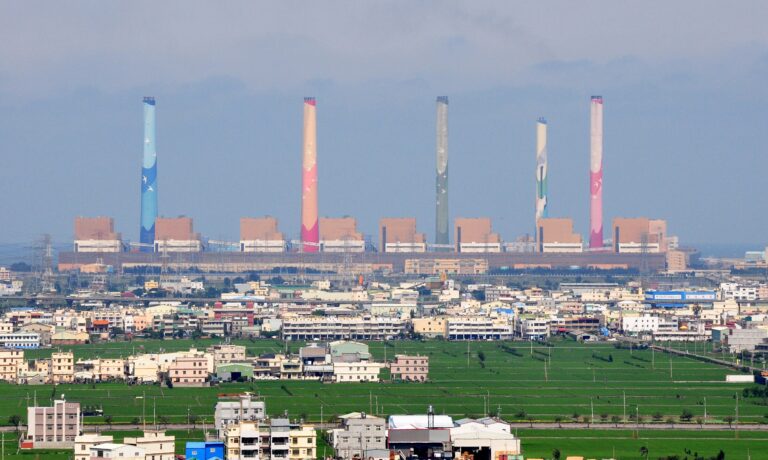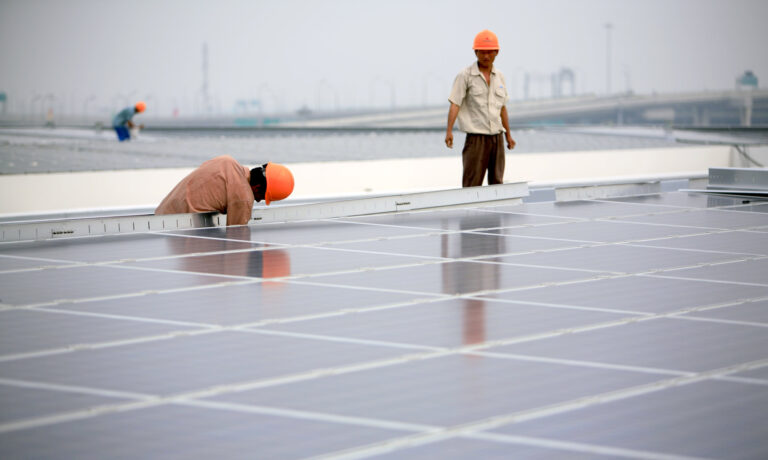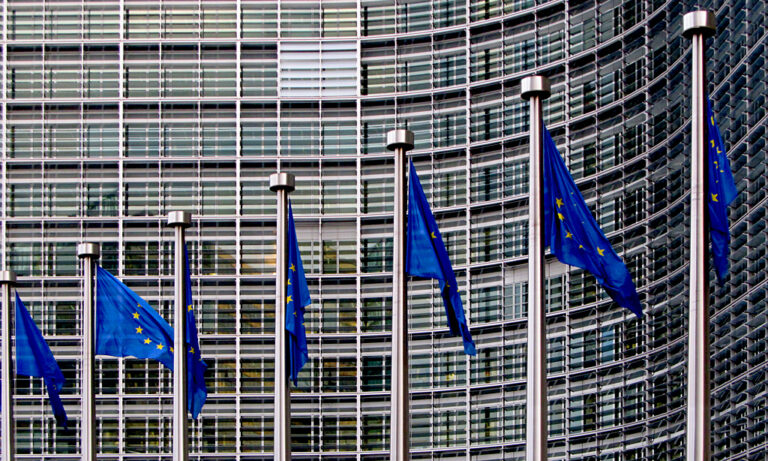#infrastructure
Navigating Geopolitical Turbulence through Taiwan’s Energy Transition Policy
The article is published as part of a joint issue “Green Synergies: Sustainability, Security and Taiwan-Europe Collaboration” between CHOICE and the University of Nottingham’s Taiwan Insight. Taiwan’s reliance on imported fossil fuels presents a critical vulnerability…
The Dysprosium Supply Chain: A Forgotten Child in the European Wind Industry?
This article is part of a series of articles authored by young, aspiring China scholars under the Future CHOICE initiative. The European Green Deal, as part of its robust response to the triple planetary crisis…
China Holds a Kill Switch to European Power Grids
As the EU leans into its ambitious climate goals, solar energy has become the poster child of the energy transition. On the surface, it appears to be a success story in the global race…
Western Balkans’ Economic Cooperation with China: Between “Positive” Conditionality and Economic Coercion
While China has been using economic pressure to make countries around the world refrain from stepping over some of its “red lines”, the Western Balkan region serves as an example of a rather opposite…
China’s LOGINK: Securing Maritime Data in European Ports
A Chinese logistics software has quietly extended into ports in Asia and Europe. Its expansion is now in the spotlight due to the EU’s new port strategy and US ban.
Local Pushback Thwarts China’s Ambitions in Madagascar
Despite that Madagascar is among the most impoverished countries in the world struggling with non-functioning institutions and omnipresent corruption, and clearly needs financial support for its development, it seems to be immune to Chinese proposals for huge infrastructural projects. However, Chinese customers’ demands fuel illegal activities on the island detrimental to the ecosystem.
Working Breakfast: Chinese Influence in the Western Balkans
In October, the CHOICE project, with the support of the Friedrich Naumann Foundation for Freedom, hosted a closed working breakfast in Prague with CHOICE Visiting Fellow and Program Coordinator of the Foundation BFPE for…
Is the EU Finally Headed Towards a Ban on Huawei?
While many countries in the Western world have decisively banned Chinese telecom equipment company Huawei from their 5G networks due to national security concerns, the EU has lacked the consensus for such a policy, in part due to Huawei’s and China’s strong relationships within the bloc. However, recent announcements from Germany, the biggest holdout, and top EU brass suggest that momentum within the EU is growing for a ban on Huawei.
Italy and the BRI: A Love Story That Never Started
To renew, or not to renew, that is the question.
The European Foreign Subsidies Regulation: Effective Means of Protecting Strategic Infrastructure or an Investment Impediment?
The European policy discourse is shifting away from economic openness to emphasizing security concerns in the context of Chinese stakes in strategic infrastructure. The European Foreign Subsidies Regulation is another piece of the puzzle that could change the balance of power between the EU institutions and national governments. While the mechanism promises to bring a more cohesive handling of Chinese bids for public contracts and M&A transactions buttressed by subsidies, it could also spark tensions within the EU.
China Still Ambivalent About the Middle Corridor
Despite the oft-touted momentum behind the Eurasian Middle Corridor circumventing Russia, China still appears not be fully behind the project beset by geopolitical challenges and infrastructure hurdles.
Voice for CHOICE #23: Discussing China’s Diplomacy Toward the Global South with Joshua Eisenman
China has positioned itself as a member of the Global South family and has poured billions of dollars into building infrastructure in Africa and Southeast Asia to increase its clout in these regions and…











